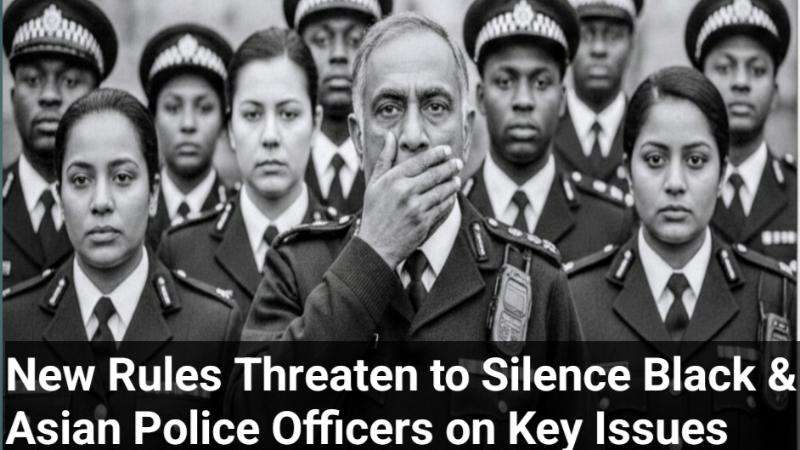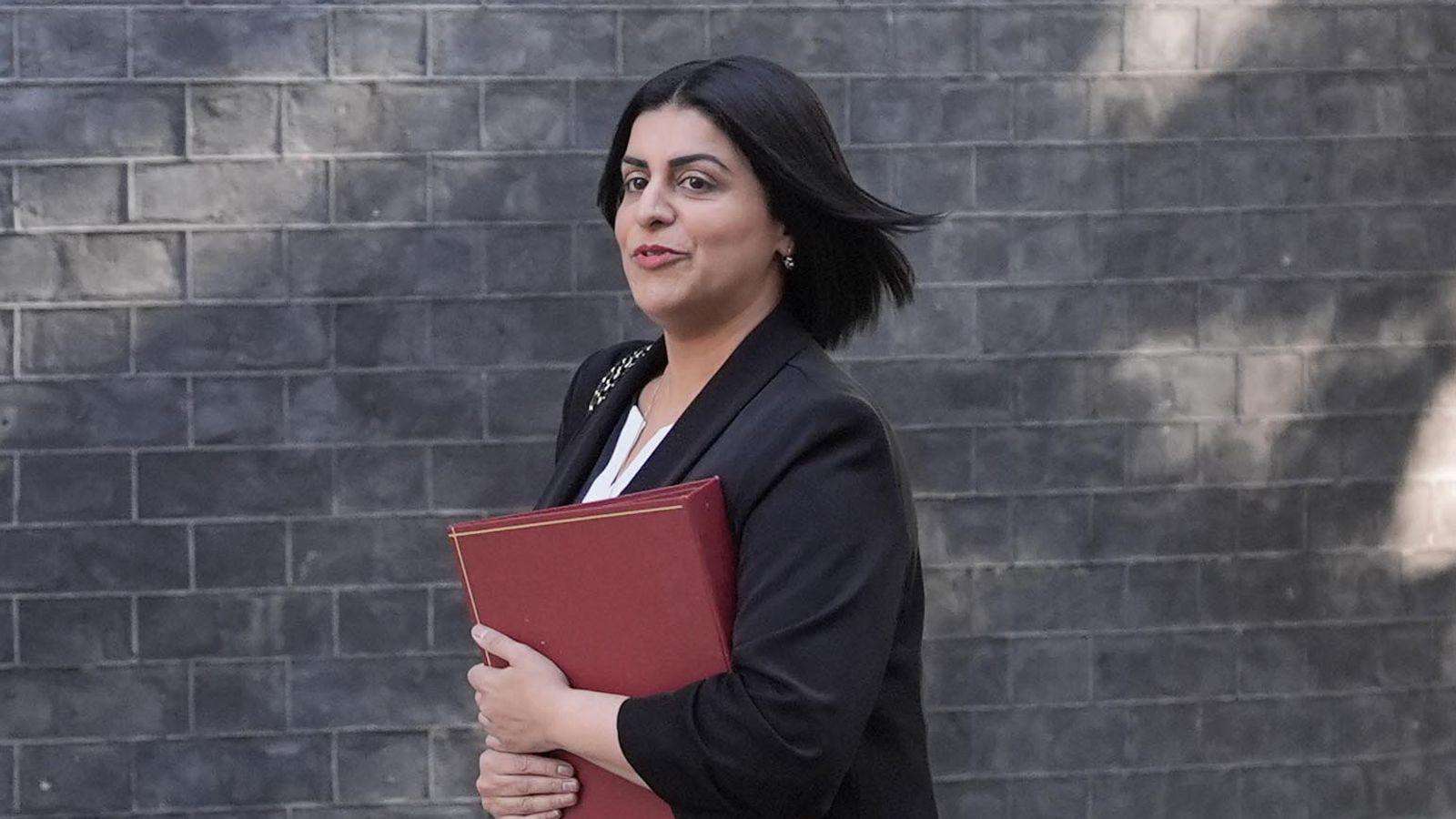Understanding Halal: Religious Guidelines, Ethical Practices
A recent case of blatant food fraud in the UK has sent ripples of concern through Muslim communities and raised critical questions about the authenticity of halal meat sold to consumers. Hamil Miah, 46, owner of Universal Food Wholesale Limited in Cardiff, was found guilty at Merthyr Tydfil Crown Court of falsely distributing regular chicken as halal meat to numerous restaurants and takeaways. This deceptive practice not only defrauded businesses and consumers but also violated deeply held religious principles, highlighting the need for greater transparency and verification in the halal food industry.
For those unfamiliar, halal meat adheres to specific Islamic guidelines rooted in the Quran and Sunnah (the teachings and practices of Prophet Muhammad, peace be upon him). The Arabic term "halal" translates to "permissible," and in the context of meat, it encompasses the ethical treatment of animals throughout their lives and a prescribed method of slaughter. Contrary to a mere label, halal is a religious obligation for many Muslims, ensuring the food they consume aligns with their faith.
The core tenets of halal meat production stipulate that the animal must be alive and healthy at the time of slaughter, treated with respect and without undue stress. The slaughter itself must be performed by a Muslim who invokes the name of Allah (God) by saying "Bismillah" ("In the name of God") immediately before the act. The method involves a swift, deep incision across the animal's throat with a sharp knife, severing the carotid arteries, jugular veins, and windpipe to ensure rapid blood drainage. The complete draining of blood is crucial, as the consumption of blood is explicitly forbidden in Islam. This is very important for Muslims in UK and EU,British Muslim and British Bangladeshi, British Indian and Pakistani community.
The Holy Quran states in Surah Al-Ma'idah (5:3): "Forbidden to you are dead animals, blood, the flesh of swine, and that which has been dedicated to other than Allah..." This verse underscores the importance of the slaughter process in rendering meat permissible for consumption. Furthermore, the Prophet Muhammad (peace be upon him) emphasized compassion towards animals, stating in a Hadith narrated by Abu Dawud: "Verily Allah has prescribed excellence in everything. So, when you kill, kill in a good way; and when you slaughter, slaughter in a good way. Let each one of you sharpen his blade and spare suffering to the animal he slaughters." This Hadith highlights the ethical dimension of halal slaughter, emphasizing a humane and swift end for the animal.
The conviction of Universal Food Wholesale Ltd. exposes a significant breach of trust and raises serious concerns about the potential for widespread mislabeling within the UK halal meat market. Customers who rely on the "halal" label to adhere to their religious dietary requirements were unknowingly consuming non-halal chicken, highlighting the vulnerability of consumers and the potential for exploitation. Furthermore, the charge of putting unsafe food on the market adds another layer of concern, suggesting potential hygiene or handling issues beyond the fraudulent labeling.
For Muslim consumers in the UK, ensuring the authenticity of halal meat requires vigilance and a multi-pronged approach:
Look for Reputable Certifications: The presence of a recognized halal certification logo on packaging is the first crucial step. Organizations like the Halal Monitoring Committee (HMC) and the Halal Food Authority (HFA) in the UK employ inspectors to oversee the entire supply chain, from slaughter to packaging, ensuring compliance with strict halal standards. Look for their logos or those of other well-established and trusted certification bodies.
Inquire at the Source: When purchasing from local butchers or restaurants, don't hesitate to ask about their halal sourcing. A reputable establishment should be able to provide information about their suppliers and the certification they adhere to. While some smaller businesses may follow halal practices without formal certification, building trust through direct communication is essential.
Be Wary of Generic Labels: Exercise caution with products that simply state "halal" without any accompanying certification mark. This case demonstrates that such labels can be misleading. Prioritize products with verifiable certification from recognized bodies.
Consider the Entire Supply Chain: Halal integrity extends beyond the slaughter itself. Ensure that halal meat is handled and stored separately from non-halal products throughout the supply chain, avoiding cross-contamination. This includes separate cutting boards, knives, and packaging areas.
Check Ingredients in Processed Foods: For processed items like sausages, burgers, and ready meals, scrutinize the ingredient list and look specifically for certified halal meat sources. A general "halal" claim on such products without detailed information or a certification mark should be treated with skepticism.
Support Trusted Retailers and Butchers: Over time, identify and support retailers and butchers who have a proven track record of selling authentic, certified halal meat. Building a relationship with trusted suppliers can provide greater peace of mind.
The Universal Food Wholesale case serves as a stark reminder that the "halal" label alone is not a guarantee of authenticity. It underscores the urgent need for stricter regulations, more rigorous inspections, and increased consumer awareness to protect both the religious rights and the health of those who rely on halal food. For the Muslim community in the UK, this incident necessitates a renewed focus on verifying the source and certification of their meat to ensure they are consuming food that aligns with their faith and values.








.svg)


